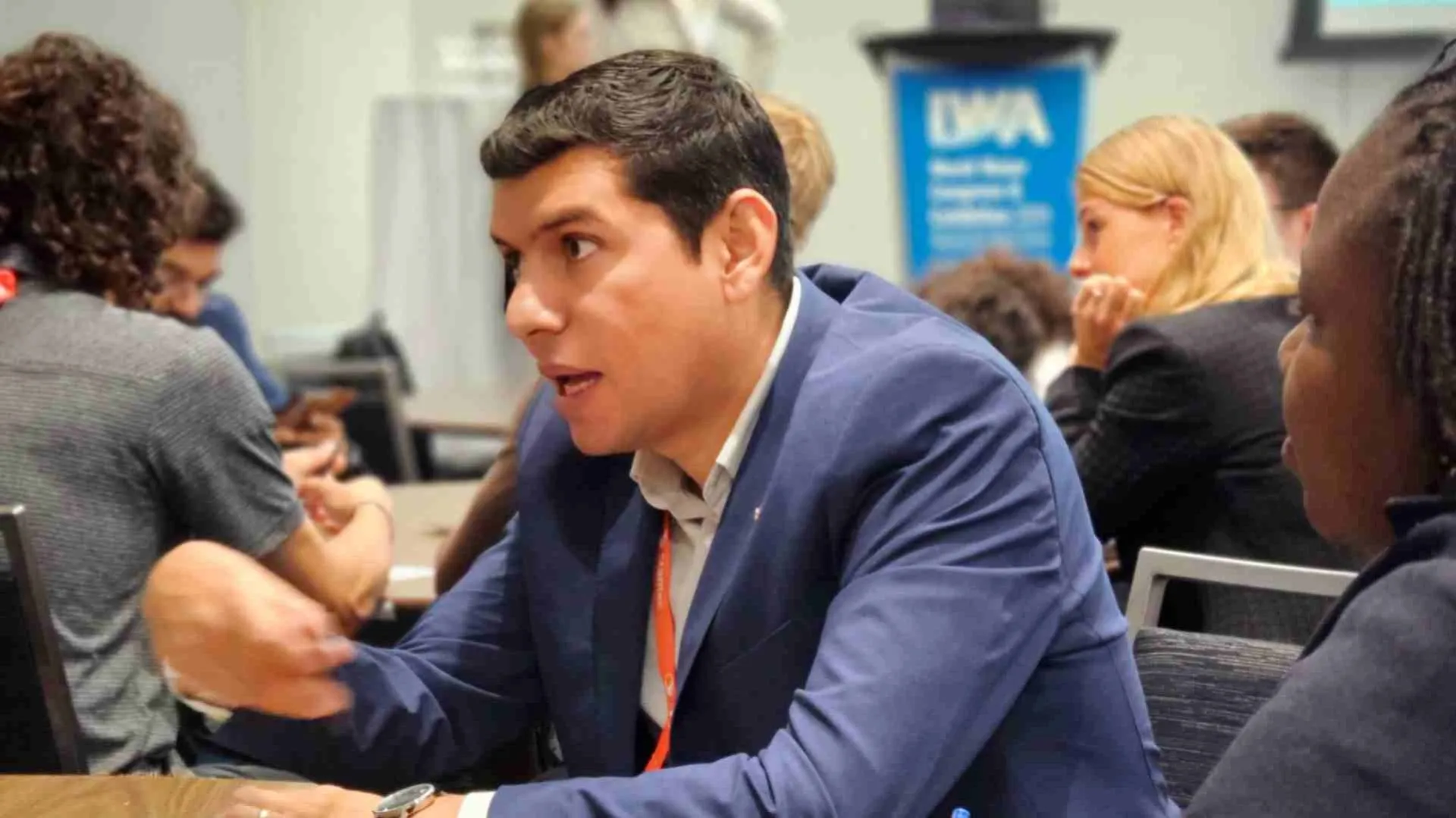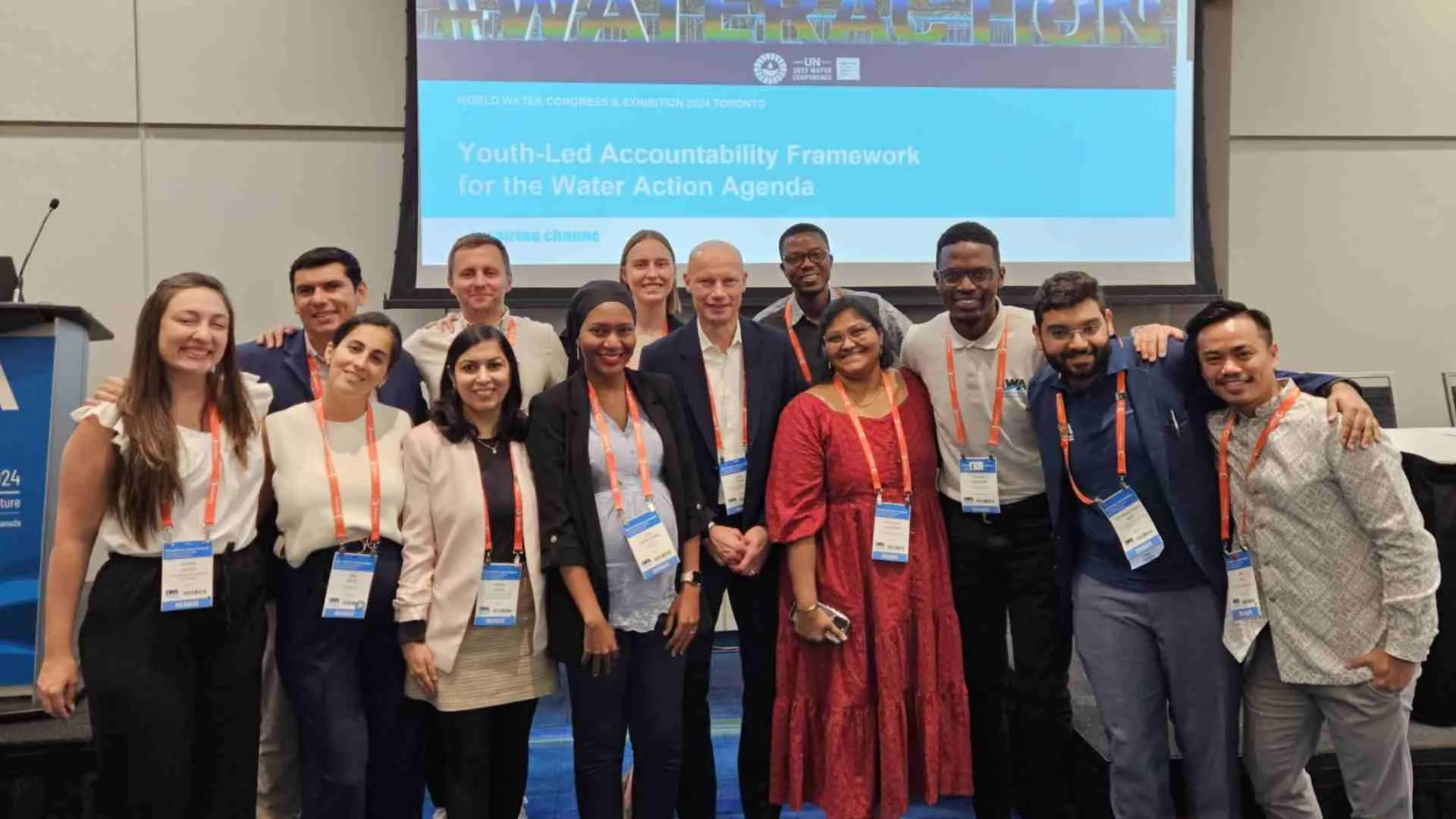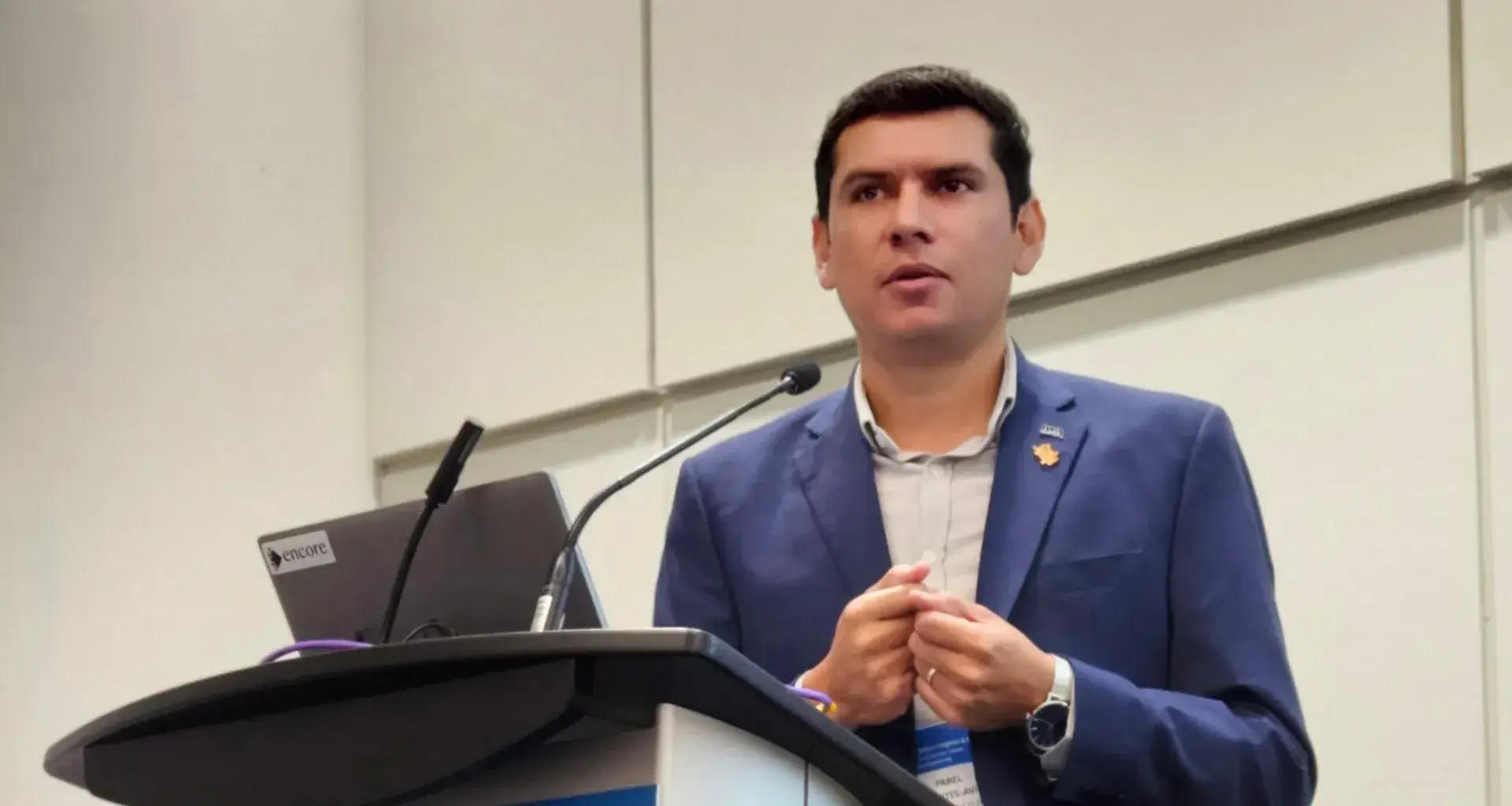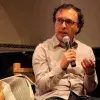Pabel Antonio Cervantes, a professor at Tec de Monterrey in Puebla, has presented a methodology for measuring government actions relating to water use to the International Water Association (IWA) in Toronto, Canada.
As part of an international team of water experts, the academic participated in the development and presentation of the Accountability Framework of the Water Action Agenda, which measures governments’ commitment to solving water issues.
“Accountability is key to ensuring that a commitment to solving water issues isn’t just a promise, but rather a tangible action,” he said.
Pabel Cervantes said that “this presentation is the result of an exhaustive research process” which began in 2023 and concluded with the delivery of a methodology that considers different variables when measuring commitment.
“It’s not just about measuring results, but about fostering a culture of both responsibility and transparency,” he stressed.
Thanks to a fellowship awarded by Grundfos in collaboration with the IWA, Cervantes worked with 12 young water specialists selected from around the world to develop a proposal.
“This framework will allow us to not only evaluate but also continually improve our practices around water use,” he said.
Presenting the issue of polluted water in Mexico
In addition to presenting the Accountability Framework, Professor Cervantes was one of the speakers at the Groundwater Forum, where he presented a study about groundwater pollution in Mexico.
“This role was particularly important for the attendees, as I addressed a critical issue of public health in the most vulnerable regions,” he said.
During his talk, he highlighted the effects of polluted surface water infiltration and how this compromises the quality of groundwater, affecting the health of local communities.
“Water is a critical resource, and the academic community must rise to the challenge that this represents,” he said.

A member of the Technical Program Committee
At this international forum, the academic was also selected to form part of the congress’ technical program committee. In this role, he will contribute to the review and selection of scientific papers.
“Being selected as an evaluator was a great surprise and an honor; it reflects the confidence people have in my work and my dedication to the field,” he shared.
The committee received more than 1,500 research proposals, of which only 160 were selected.
“Receiving this responsibility filled me with pride; I know that my experience can contribute to such an important process,” he said.
This role allowed Cervantes to evaluate recent studies in areas such as wastewater treatment, desalinationtechnology, and groundwater management.

Inclusive Research in the Global South
Pabel Cervantes was also on the panel entitled Inclusive Research in the Global South, where he stressed the importance of adapting scientific research to the needs of developing communities.
“One aspect of this field that has been neglected is research (in developing areas). Even though we are in academia, we need to recognize that the research we do doesn’t always apply to our own environment,” he explained.
He shared that his approach aims to close gaps between science and practice in developing countries.
“I think that a great challenge will be to take all this scientific knowledge production and transfer it to communities that are affected and really need water sanitation processes,” he said.
“It’s not just about measuring results, but about fostering a culture of responsibility and transparency.”
Finally, Cervantes stressed the importance of young people joining international associations and searching for mentoring that will allow them to develop their ideas and projects.
“The active participation of new generations is essential when facing global challenges and having a positive impact on communities,” he said.
In his call to action, he highlights that collaboration and commitment will overcome local constraints to help build a sustainable future in the water sector.
YOU’LL ALSO WANT TO READ:





